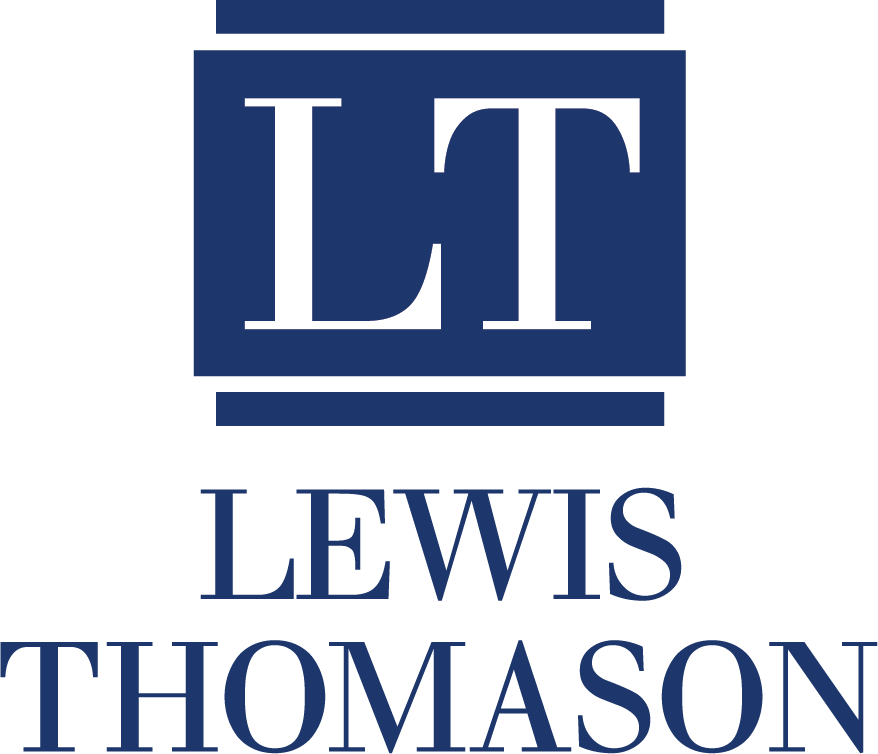Peter Winterburn
Please note that this article is current as of 8/19/20. For contact information, please click here.
This week, Governor Lee signed into law the “Tennessee COVID-19 Recovery Act.” Beginning at T.C.A. 29-34-801 et seq., the new law provides certain measures of COVID-19 liability protection to health care providers, businesses, schools, and non-profit organizations. The Act does not apply to COVID-19-related claims that were filed (or where proper pre-suit notice was given) on or before August 3, 2020. By its own terms, the Act will also be repealed on July 1, 2022, thus creating a “window of immunity” between August 3, 2020 and July 1, 2022. Some highlights of the new law are below:
Who is protected
- Certain immunity provisions are now in place for an individual, healthcare provider, sole proprietorship, corporation, limited liability company, partnership, trust, religious organization, association, nonprofit organization, and institution of higher education.
Heightened burden of proof
- The claimant must not only prove causation by clear and convincing evidence, but also that the act or omission causing the injury and damages was gross negligence or willful misconduct.
- Note that this burden of proof is higher than other health care liability lawsuits because the claimant must also prove gross negligence or willful misconduct rather than mere negligence.
Verified Complaint Required
- The claimant must file a verified complaint pleading specific facts to satisfy the heightened standards of proof above.
Certificate of Good Faith Required
- In addition to the normal required Certificate of Good Faith in health care liability suits, the claimant seeking to recover for COVID-19-related claims must also file a statement from a physician that the physician is competent to express an opinion on exposure to or contraction of COVID-19 and believes that the alleged loss, damage, injury, or death was caused by the defendant or defendants.
- Like a standard CGF, the failure of a claimant in a COVID-19-related claim to satisfy these additional COVID statements from a physician will make the action subject to dismissal with prejudice.
Like many legislative initiatives, this law has not been free of controversy or criticism. The law is aimed at providing limited protections, however, so that health care providers can continue operations in the midst of a global pandemic and businesses can reopen without fear of litigation against certain COVID-19-related claims. Additionally, in an environment where some insurers may have exclusions in place for communicable diseases, the legislature has deemed it important to incentivize Tennessee’s economic recovery while still requiring compliance with federal and state health guidance.
THIS IS NOT AN ADVERTISEMENT. You have received this because you are a client or a friend of the firm. This publication has been prepared by Lewis Thomason for informational purposes only. It is not, nor is it intended to be, legal advice. Readers should not take action upon this information without first consulting an attorney for advice regarding your individual situation. While we welcome your calls, letters, e-mails and use of this publication, contacting us does not create an attorney-client relationship. Please do not send confidential information to us until such time as an attorney-client relationship has been established. Any unsolicited request or information received by Lewis Thomason will not be regarded as confidential.




